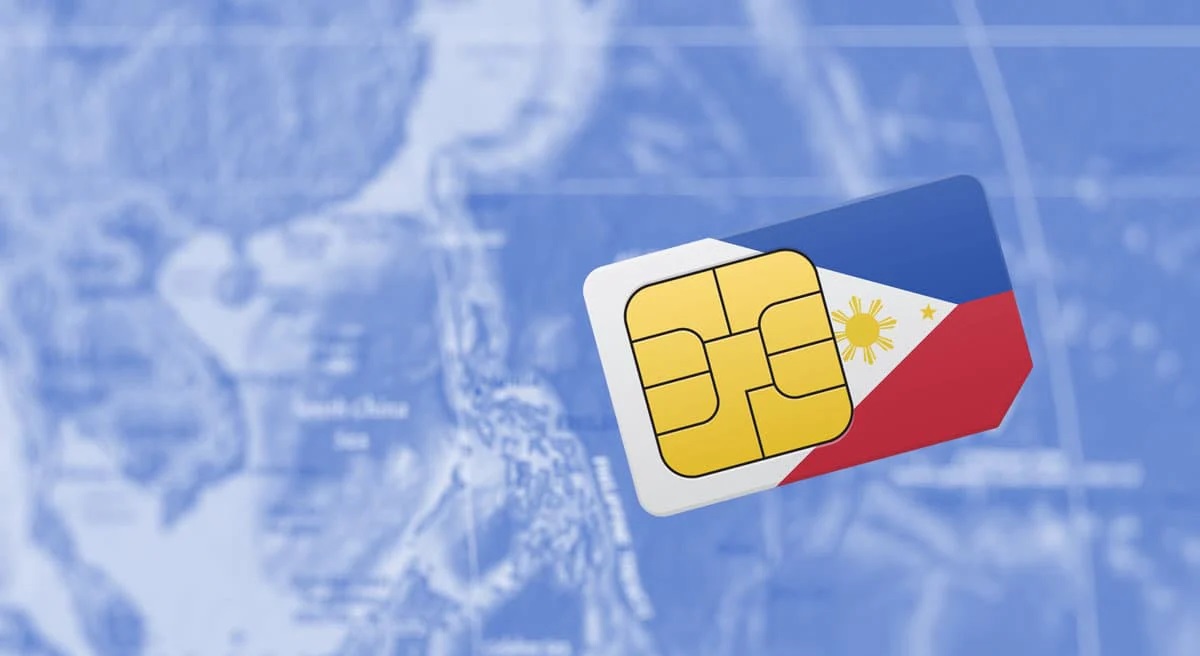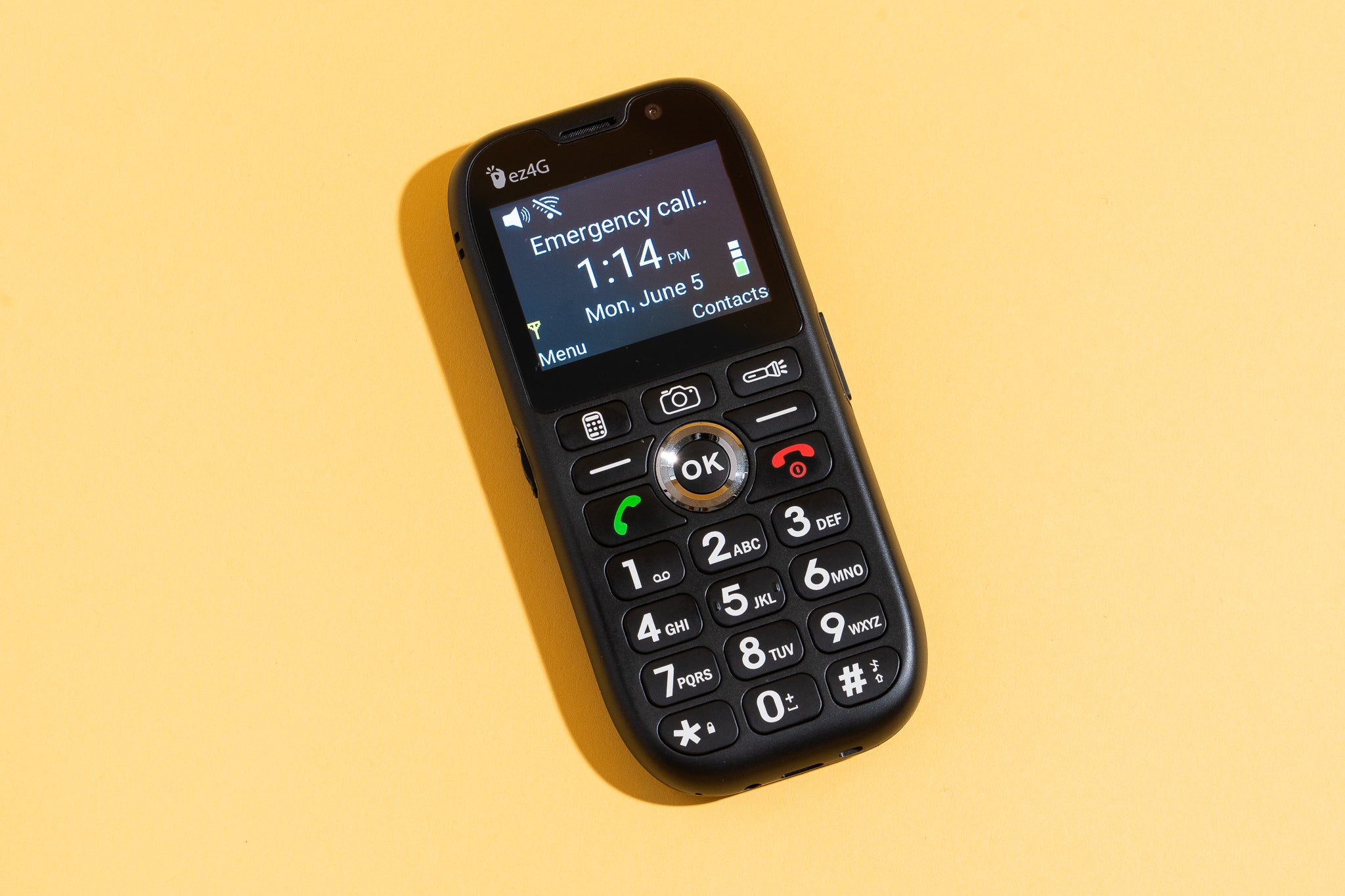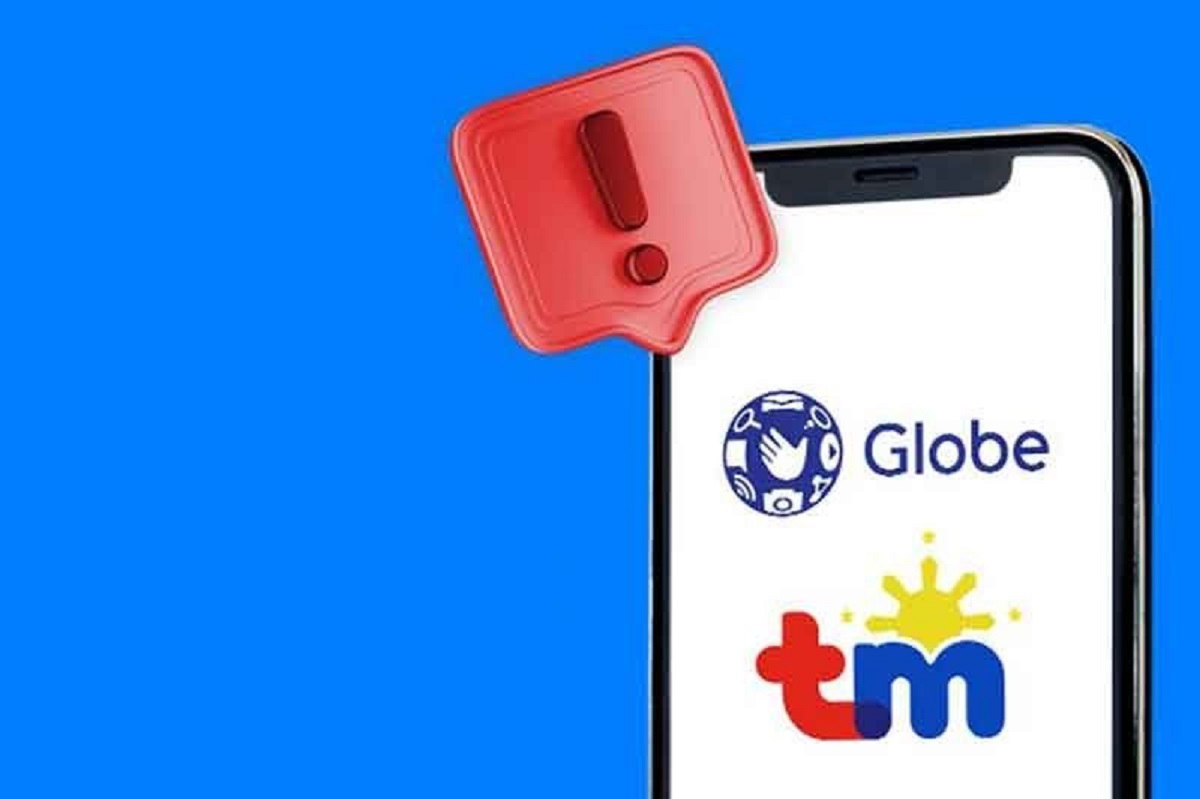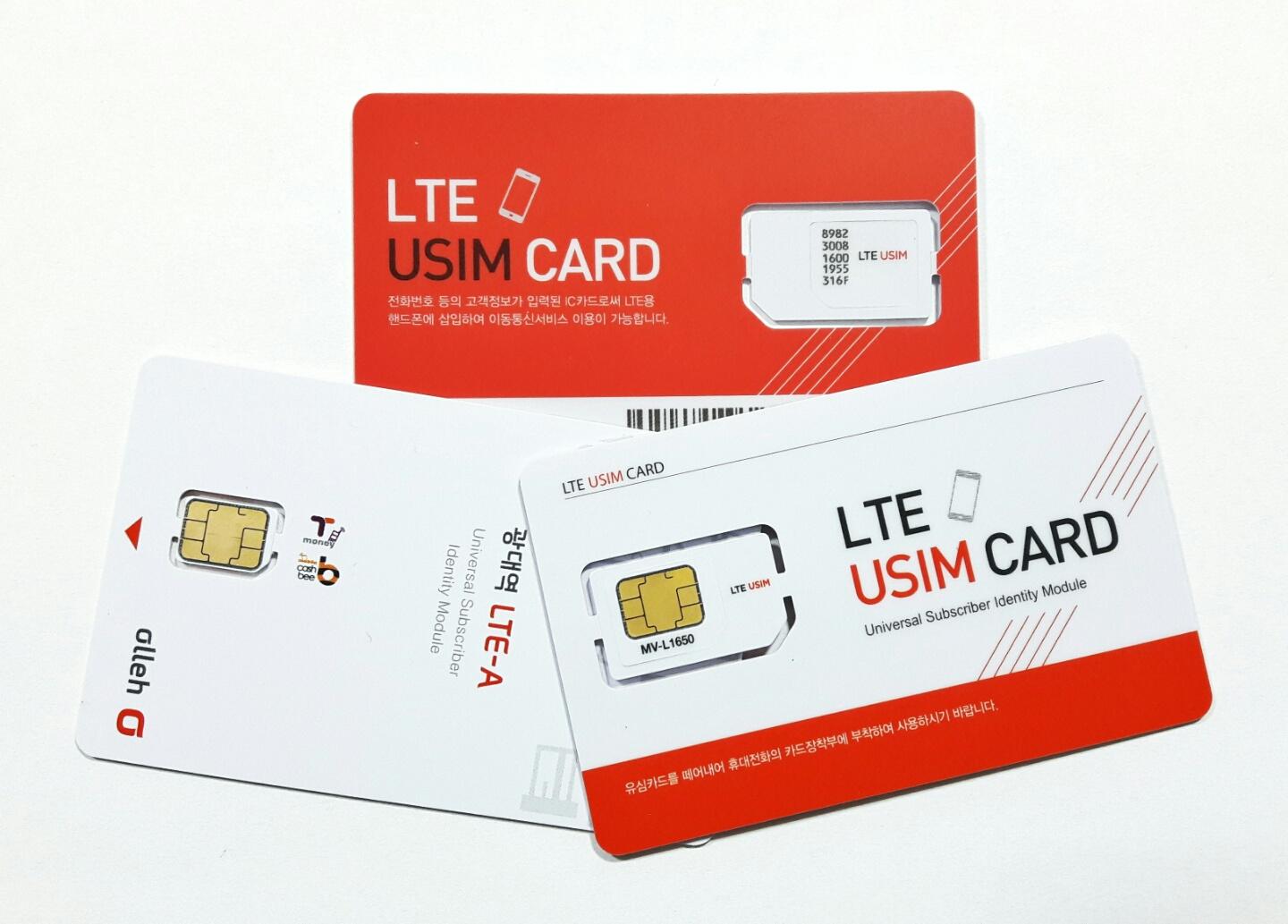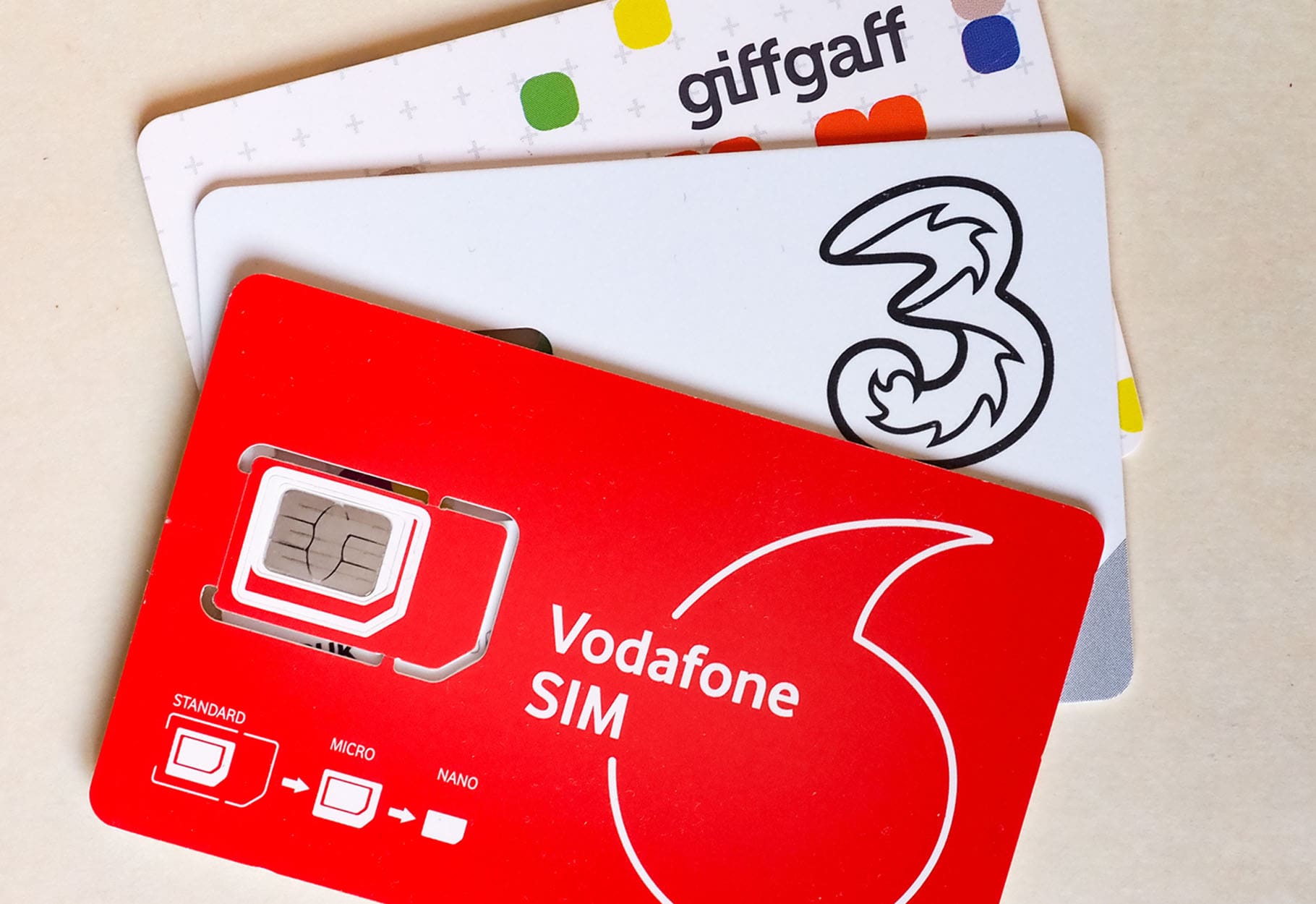Introduction
In today's fast-paced digital age, staying connected to the internet has become an essential part of our daily lives. Whether it's for work, staying in touch with loved ones, or simply accessing vital information, having a reliable internet connection is non-negotiable. When it comes to accessing the internet on the go, a SIM card can be a game-changer. With the right SIM card and data plan, you can enjoy seamless internet connectivity on your mobile device, regardless of your location.
In this comprehensive guide, we will delve into the world of SIM cards for internet access, providing you with valuable insights to help you make an informed decision when choosing the best SIM card for your needs. From understanding the basics of SIM cards to exploring the various factors to consider and comparing data plans, this guide is designed to equip you with the knowledge needed to navigate the often overwhelming array of options available in the market.
Whether you're a frequent traveler seeking a reliable data connection abroad or simply looking for a cost-effective way to stay connected in your own country, the world of SIM cards for internet offers a myriad of choices. By the end of this guide, you'll have a clear understanding of the different types of SIM cards, popular providers, and essential tips for using SIM cards abroad.
So, whether you're a digital nomad, a business traveler, or someone who values the freedom of being connected wherever you go, this guide is your passport to unlocking the potential of seamless internet connectivity through the power of a SIM card. Let's embark on this journey to discover the best SIM card for internet and ensure that you stay connected, informed, and empowered in today's hyper-connected world.
Understanding SIM Cards
A Subscriber Identity Module (SIM) card is a small, removable card that is inserted into mobile devices such as smartphones, tablets, and portable Wi-Fi hotspots. It serves as the key to accessing a mobile network and enables users to make calls, send messages, and access mobile data services. At its core, a SIM card securely stores the subscriber's identity and allows the mobile device to connect to the cellular network, thereby enabling communication and data access.
One of the key elements of a SIM card is the unique International Mobile Subscriber Identity (IMSI) number, which is assigned to each SIM card and serves as a crucial identifier within the mobile network. Additionally, the SIM card contains the Integrated Circuit Card Identifier (ICCID), which is a unique serial number used to identify the SIM card itself. These identifiers play a pivotal role in ensuring secure and authenticated access to the mobile network, thereby safeguarding the user's identity and data.
Furthermore, SIM cards come in different form factors, including standard SIM, micro SIM, and nano SIM, to accommodate various mobile devices. The standard SIM card, also known as the mini-SIM, was the original form factor and has since been followed by the smaller micro SIM and the even smaller nano SIM, which is the most common type used in modern smartphones.
In terms of functionality, SIM cards are not only essential for making voice calls and sending text messages but also for accessing mobile data services. With the evolution of mobile technology, SIM cards have adapted to support high-speed data connectivity, allowing users to browse the internet, stream media, and access online services on their mobile devices.
Moreover, SIM cards are often associated with a specific mobile network operator, as they are programmed with the necessary information to authenticate and connect to that operator's network. This association determines the coverage, network quality, and available services that a user can access based on their SIM card and data plan.
In essence, understanding SIM cards involves recognizing their role as the gateway to mobile connectivity, their unique identifiers, form factors, and their evolution to support advanced mobile data services. By gaining a deeper understanding of SIM cards, users can make informed decisions when selecting the best SIM card for internet access, ensuring seamless connectivity and optimal user experience.
This section provides a foundational understanding of SIM cards, setting the stage for exploring the factors to consider when choosing a SIM card for internet access.
Factors to Consider when Choosing a SIM Card for Internet
When selecting a SIM card for internet access, several crucial factors come into play, each influencing the overall user experience and suitability for individual needs. Understanding these factors is essential for making an informed decision and ensuring that the chosen SIM card aligns with specific requirements. Here are the key considerations to keep in mind:
Coverage and Network Reliability
The coverage provided by a mobile network operator is a fundamental consideration when choosing a SIM card for internet access. It's crucial to assess the network's coverage in the areas where you intend to use the SIM card, ensuring that reliable connectivity is available. Factors such as signal strength, network availability in remote areas, and the operator's infrastructure play a pivotal role in determining the overall reliability of the network.
Data Speed and Bandwidth
The speed and bandwidth offered by a SIM card's data plan significantly impact the user's internet experience. High-speed data connectivity is essential for activities such as streaming high-definition content, video conferencing, and seamless browsing. Therefore, evaluating the data speed and bandwidth allocation of a SIM card is vital to ensure that it meets the requirements for your internet usage.
Data Plan Flexibility and Fair Usage Policies
Different SIM cards come with varying data plan structures and fair usage policies. It's essential to consider factors such as data rollover options, validity periods, and any fair usage limitations imposed by the operator. Understanding the flexibility and limitations of the data plan ensures that it aligns with your usage patterns and offers the necessary freedom to utilize the internet without unnecessary constraints.
Roaming Capabilities and International Usage
For frequent travelers or those requiring international internet access, assessing the SIM card's roaming capabilities is crucial. The ability to use the SIM card in different countries, affordable international data roaming rates, and the ease of activating international roaming are essential factors to consider when choosing a SIM card for internet usage abroad.
Cost and Value for Money
Balancing the cost of the SIM card and its associated data plan with the value it offers is a critical consideration. It's important to evaluate factors such as upfront costs, ongoing subscription fees, data allowances, and any additional perks or benefits included in the package. Assessing the overall value for money ensures that the chosen SIM card provides a cost-effective solution without compromising on essential features.
By carefully considering these factors, individuals can make informed decisions when choosing a SIM card for internet access, ensuring that it aligns with their specific requirements and delivers a seamless and reliable internet experience.
This section explores the essential factors to consider when selecting a SIM card for internet access, laying the groundwork for understanding the different types of SIM cards available in the market.
Types of SIM Cards
When it comes to choosing a SIM card for internet access, understanding the different types of SIM cards available is essential. SIM cards have evolved over the years, adapting to the changing requirements of mobile devices and catering to diverse user preferences. Here are the primary types of SIM cards commonly used today:
-
Standard SIM Card (Mini-SIM): The standard SIM card, also known as the mini-SIM, was the original form factor introduced for mobile devices. It measures approximately 25mm x 15mm and was the standard for many years. While it is less common in modern devices, some older phones and certain IoT (Internet of Things) devices still utilize this form factor.
-
Micro SIM Card: As mobile devices became more compact, the need for smaller SIM cards arose. This led to the development of the micro SIM card, which measures around 15mm x 12mm. The micro SIM gained popularity with the introduction of smartphones and tablets, offering a more space-efficient solution without compromising functionality.
-
Nano SIM Card: The nano SIM card represents the latest evolution in SIM card technology and is the smallest form factor currently available. Measuring just 12.3mm x 8.8mm, the nano SIM is the standard choice for most modern smartphones, including popular models from various manufacturers. Its diminutive size allows for more extensive device design flexibility and increased internal space for advanced components.
-
eSIM (Embedded SIM): Unlike traditional physical SIM cards, eSIMs are embedded directly into the device's hardware, eliminating the need for a physical card. eSIM technology offers a seamless and convenient way to activate cellular plans without the requirement of a physical SIM card. This digital SIM solution is increasingly being adopted by mobile operators and device manufacturers, providing users with greater flexibility and the ability to switch between carriers without needing to physically swap SIM cards.
The availability of these different SIM card types ensures compatibility with a wide range of mobile devices, accommodating various form factors and design specifications. When choosing a SIM card for internet access, it's essential to consider the specific type of SIM card required for your device and ensure compatibility with the SIM card slot.
Understanding the types of SIM cards available empowers users to make informed decisions when selecting a SIM card for internet access, taking into account device compatibility and future-proofing considerations. With the evolution of eSIM technology, the landscape of SIM cards continues to evolve, offering enhanced convenience and flexibility for users seeking seamless internet connectivity on their mobile devices.
Popular SIM Card Providers
When it comes to choosing a SIM card for internet access, selecting a reliable and reputable provider is paramount. Several mobile network operators stand out as popular choices, offering a range of data plans, coverage options, and additional benefits. Understanding the strengths and offerings of these providers is essential for making an informed decision when acquiring a SIM card for internet connectivity. Here are some of the popular SIM card providers known for their widespread coverage, competitive data plans, and quality of service:
1. Verizon Wireless
Verizon Wireless is a prominent player in the telecommunications industry, known for its extensive coverage across the United States. The provider offers a variety of data plans tailored to different user needs, including options for domestic and international usage. With a focus on high-speed connectivity and reliable network performance, Verizon Wireless remains a top choice for individuals seeking robust internet access through a SIM card.
2. AT&T
As one of the largest mobile network operators in the United States, AT&T boasts comprehensive coverage and a diverse range of data plans. From individual smartphone plans to family packages, AT&T caters to various user demographics, providing flexible options for internet connectivity. Additionally, AT&T's international roaming capabilities make it an attractive choice for travelers requiring seamless internet access abroad.
3. Vodafone
Operating in multiple countries across Europe, Asia, and Africa, Vodafone is a global telecommunications giant offering SIM cards with extensive regional and international coverage. The provider's data plans are designed to accommodate diverse usage patterns, from light internet browsing to heavy data consumption, ensuring that users have access to tailored solutions that meet their specific needs.
4. T-Mobile
Renowned for its innovative approach to data plans and customer-centric offerings, T-Mobile has established itself as a leading SIM card provider in the United States. With a focus on unlimited data plans and perks such as free international roaming in select countries, T-Mobile appeals to users seeking flexibility and value-added benefits alongside reliable internet connectivity.
5. Three
In the United Kingdom and several other countries, Three stands out as a prominent SIM card provider known for its competitive data plans and commitment to customer satisfaction. The provider's focus on affordable yet feature-rich data packages, including unlimited data options, has garnered a loyal user base seeking cost-effective and reliable internet access through a SIM card.
By exploring the offerings of these popular SIM card providers, individuals can gain insights into the diverse data plans, coverage options, and additional benefits available in the market. This knowledge empowers users to make informed decisions when selecting a SIM card, ensuring that their chosen provider aligns with their specific requirements for internet connectivity.
This section provides valuable insights into the popular SIM card providers, shedding light on the diverse options available to users seeking reliable and seamless internet access through a SIM card.
Comparing Data Plans
When choosing a SIM card for internet access, comparing data plans is a critical step in finding the most suitable option. Data plans vary widely across different mobile network operators, offering diverse features, data allowances, and additional perks. By comparing data plans, individuals can identify the plan that best aligns with their internet usage patterns and budget. Here are key factors to consider when comparing data plans:
Data Allowance and Speed
The primary consideration when comparing data plans is the data allowance and speed offered. Different plans provide varying amounts of high-speed data, ranging from a few gigabytes to unlimited data options. Understanding your typical data consumption and the activities you engage in, such as video streaming, online gaming, or remote work, is essential in determining the adequacy of the data allowance. Additionally, evaluating the speed at which data is offered ensures that your internet experience remains seamless, especially for bandwidth-intensive tasks.
Rollover and Validity
Some data plans come with the benefit of data rollover, allowing unused data from one month to carry over to the next. This feature can be advantageous for individuals with fluctuating data usage, ensuring that unused data does not go to waste. Furthermore, assessing the validity period of the data plan is crucial, as longer validity durations offer greater flexibility and value for money.
International Roaming Options
For frequent travelers or individuals requiring international internet access, comparing the international roaming options within data plans is essential. Look for plans that offer affordable roaming rates, extensive international coverage, and the ease of activating international data usage. The inclusion of international roaming benefits can significantly enhance the versatility of a data plan, providing seamless connectivity across borders.
Additional Benefits and Features
Beyond the core data allowance, many data plans include additional benefits such as free access to streaming services, unlimited music streaming, or complimentary access to Wi-Fi hotspots. Assessing these extra features can add value to a data plan, especially for users seeking a comprehensive internet experience with added perks.
By carefully comparing these factors across different data plans, individuals can make an informed decision, ensuring that the chosen plan meets their specific requirements and delivers optimal value. Whether it's prioritizing a high data allowance for heavy usage or seeking international roaming capabilities, the process of comparing data plans enables users to find the most suitable SIM card for their internet needs.
Tips for Using SIM Cards Abroad
Using a SIM card abroad can significantly enhance your travel experience by providing seamless internet connectivity and cost-effective communication options. Whether you're a frequent traveler or embarking on an international adventure, here are essential tips for making the most of your SIM card abroad:
-
Check International Roaming Options: Before traveling, research the international roaming options offered by your home network operator. Some operators provide affordable roaming rates and pre-paid international data plans, allowing you to use your existing SIM card while abroad. However, be mindful of potential roaming charges and consider alternative options for cost-effective international usage.
-
Purchase a Local SIM Card: Upon arriving at your destination, consider purchasing a local SIM card to benefit from local data plans and avoid excessive roaming fees. Many countries offer prepaid SIM cards with data packages tailored to tourists, providing affordable and reliable internet access during your stay. Ensure that your mobile device is unlocked to accommodate the local SIM card.
-
Verify Network Compatibility: When purchasing a local SIM card abroad, verify that it is compatible with your mobile device's technology and frequency bands. Different regions may utilize distinct network technologies, such as GSM or CDMA, and specific frequency bands for 4G/LTE connectivity. Ensuring compatibility guarantees a seamless experience with the local network.
-
Activate International Roaming Securely: If you opt to use your home SIM card with international roaming, secure your device's settings to prevent unwanted data usage and potential security risks. Disable automatic app updates, background data usage, and unnecessary notifications to conserve data and minimize unexpected charges.
-
Understand Local Regulations: Familiarize yourself with local regulations and registration requirements when purchasing a local SIM card abroad. Some countries mandate SIM card registration, requiring travelers to provide identification or complete registration forms before activating the SIM card. Adhering to local regulations ensures compliance and a hassle-free experience.
-
Utilize Wi-Fi Hotspots: Take advantage of Wi-Fi hotspots available at hotels, cafes, and public spaces to complement your SIM card's data usage. Wi-Fi connectivity can help conserve data and provide additional internet access in areas with limited cellular coverage.
-
Consider eSIM Solutions: If your mobile device supports eSIM technology, consider using an eSIM for international travel. eSIMs offer the convenience of activating and managing multiple cellular plans without physical SIM card swaps, making them an ideal solution for seamless international connectivity.
By implementing these tips, you can maximize the benefits of using a SIM card abroad, ensuring reliable internet access and cost-effective communication during your international travels. Whether it's staying connected with loved ones, navigating unfamiliar destinations, or sharing your travel experiences, a well-chosen SIM card can be the key to a smooth and enjoyable journey.
Conclusion
In conclusion, the world of SIM cards for internet access offers a wealth of options, each tailored to meet specific connectivity needs. Throughout this comprehensive guide, we've delved into the fundamental aspects of SIM cards, from their role as gateways to mobile connectivity to the factors that individuals should consider when choosing a SIM card for internet access. By understanding the types of SIM cards, exploring popular providers, comparing data plans, and learning essential tips for using SIM cards abroad, readers have gained valuable insights into navigating the dynamic landscape of mobile connectivity.
The evolution of SIM card technology, from standard SIM cards to the advent of eSIMs, reflects the continuous innovation aimed at enhancing user convenience and flexibility. As mobile devices become indispensable tools for communication, productivity, and entertainment, the importance of selecting the right SIM card for internet access cannot be overstated. Factors such as coverage, data speed, international roaming capabilities, and cost-effectiveness play pivotal roles in determining the suitability of a SIM card for individual users.
The diverse array of popular SIM card providers, including Verizon Wireless, AT&T, Vodafone, T-Mobile, and Three, underscores the competitive nature of the telecommunications industry. Each provider offers unique strengths and features, catering to a wide spectrum of user preferences and usage patterns. By comparing the offerings of these providers, individuals can make informed decisions, ensuring that their chosen SIM card aligns with their specific requirements for internet connectivity.
Furthermore, the tips for using SIM cards abroad serve as a practical guide for travelers seeking seamless internet access during international journeys. Whether it's leveraging international roaming options, purchasing local SIM cards, or making the most of Wi-Fi hotspots, these tips empower individuals to stay connected and informed while exploring new destinations.
Ultimately, the power of a SIM card lies in its ability to transcend geographical boundaries, enabling individuals to stay connected, productive, and entertained wherever they may be. As the world continues to embrace digital connectivity as an integral part of everyday life, the role of SIM cards in providing reliable and seamless internet access remains paramount. By leveraging the knowledge and insights gained from this guide, readers can confidently navigate the realm of SIM cards, ensuring that they make informed choices to suit their internet connectivity needs.
In essence, the journey to choosing the best SIM card for internet access is one defined by empowerment, informed decision-making, and the pursuit of seamless connectivity. Whether it's for work, travel, or personal communication, the right SIM card can be the conduit to a world of limitless possibilities, ensuring that individuals stay connected, informed, and empowered in today's hyper-connected world.









